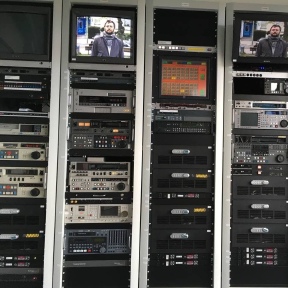
Jacopo Anderlini
Postdoctoral Researcher in Sociology of Migrations
Jacopo Anderlini (PhD) is a Research Fellow at the University of Parma since 2023, where he works on the PRIN-MIUR project “Mobilities, solidarities and imaginaries across the borders (MOBS)”. Previously, he was a Research Fellow in Migration Studies at the University of Genoa (2020-2023) at the Visual Sociology Laboratory, where he remains an active member. He is co-founder and co-coordinator of the Legal-Sociological Clinic at the University of Parma, which introduces students to multidisciplinary analysis of migration processes, and co-founder and vice-coordinator of the University Committee ParTeR – Participatory Teaching and Research (parter.unipr.it). His main research interests revolve around border studies, refugee studies, migration, critical theory on technologies, social and political philosophy. He investigates the transformations of the government of mobility, its infrastructures and logistics, at the southern borders of Europe. He is part of the research group on the analysis of digital technologies CIRCE and of several self-organised collectives that support the right to move.